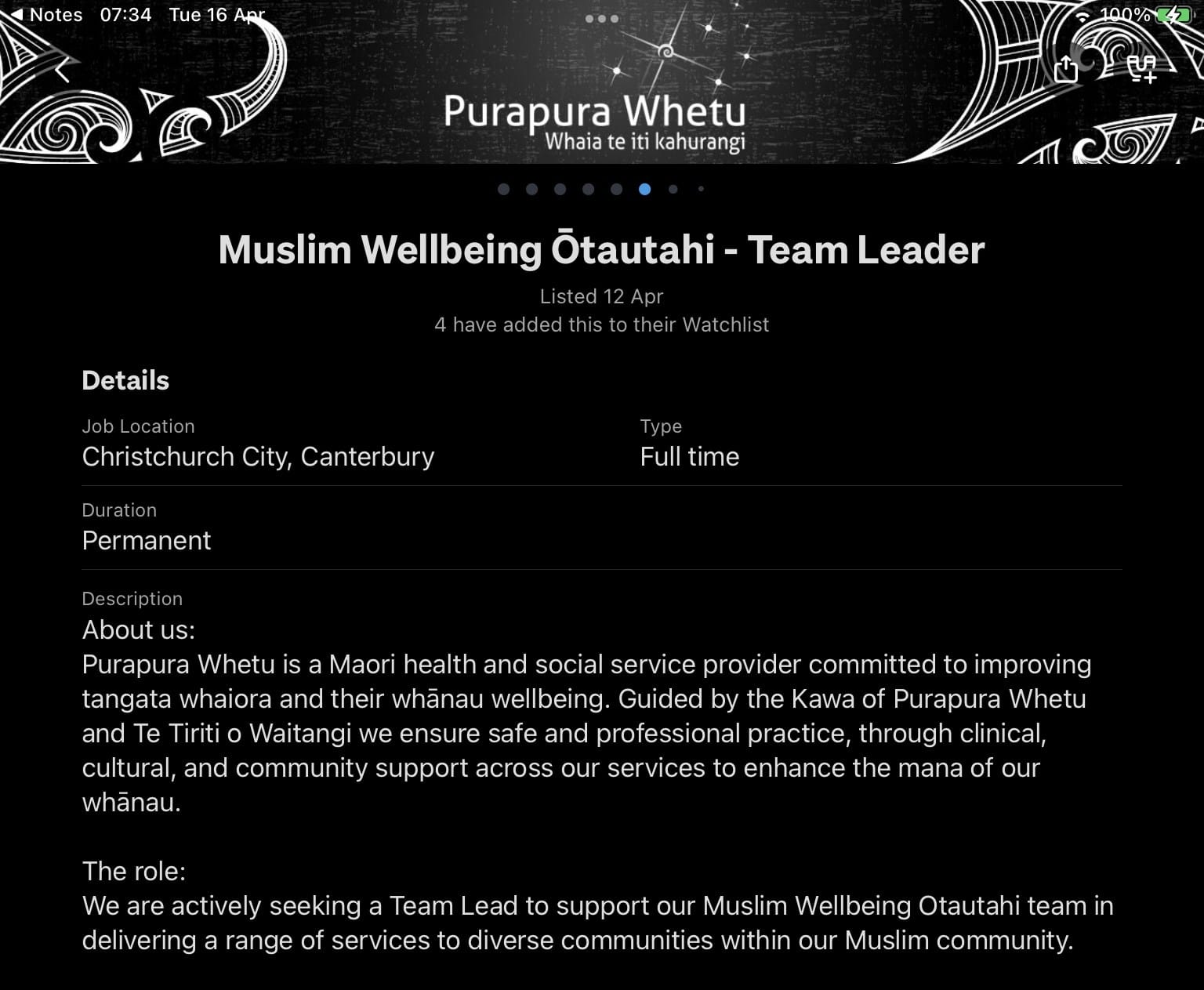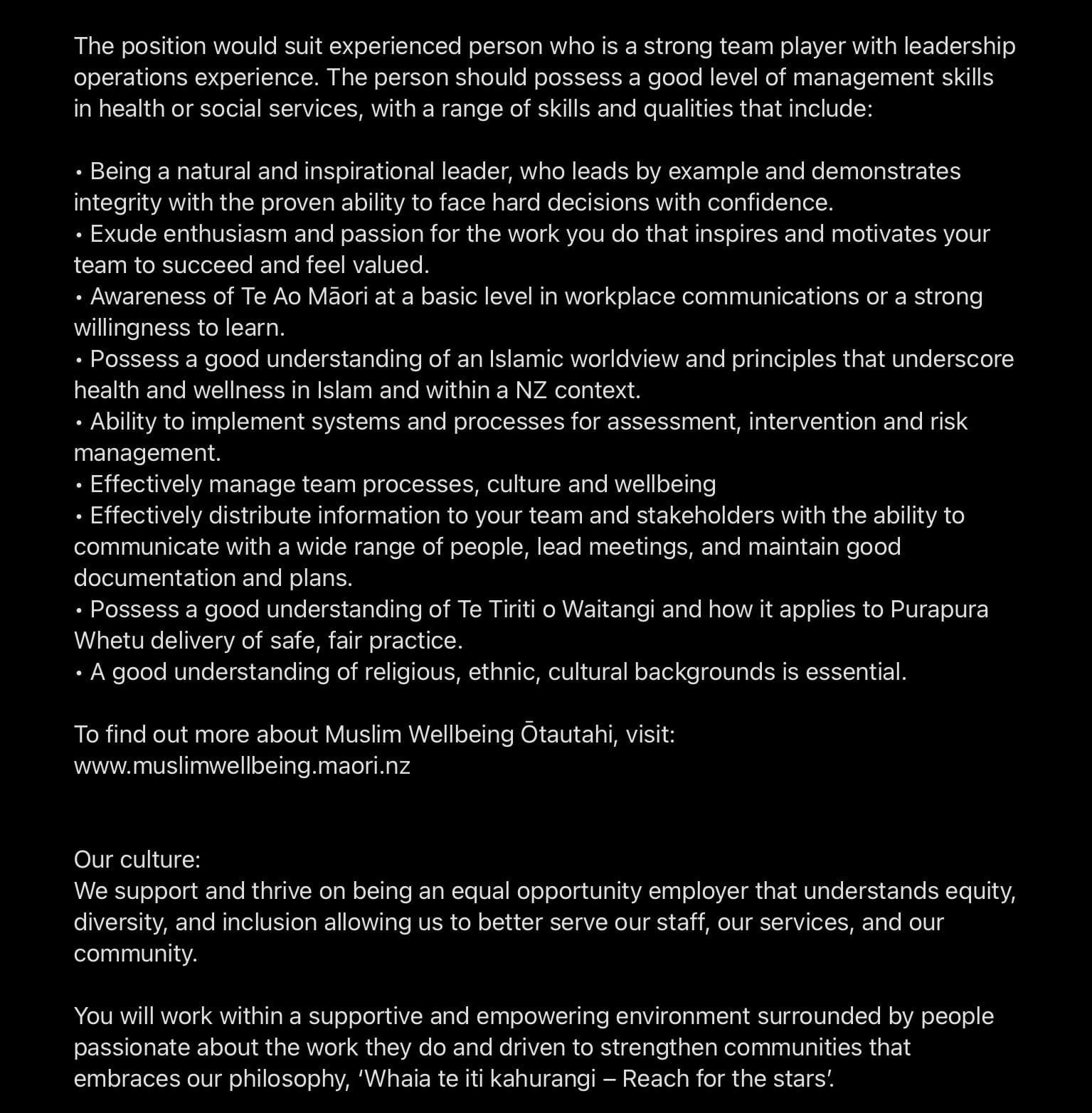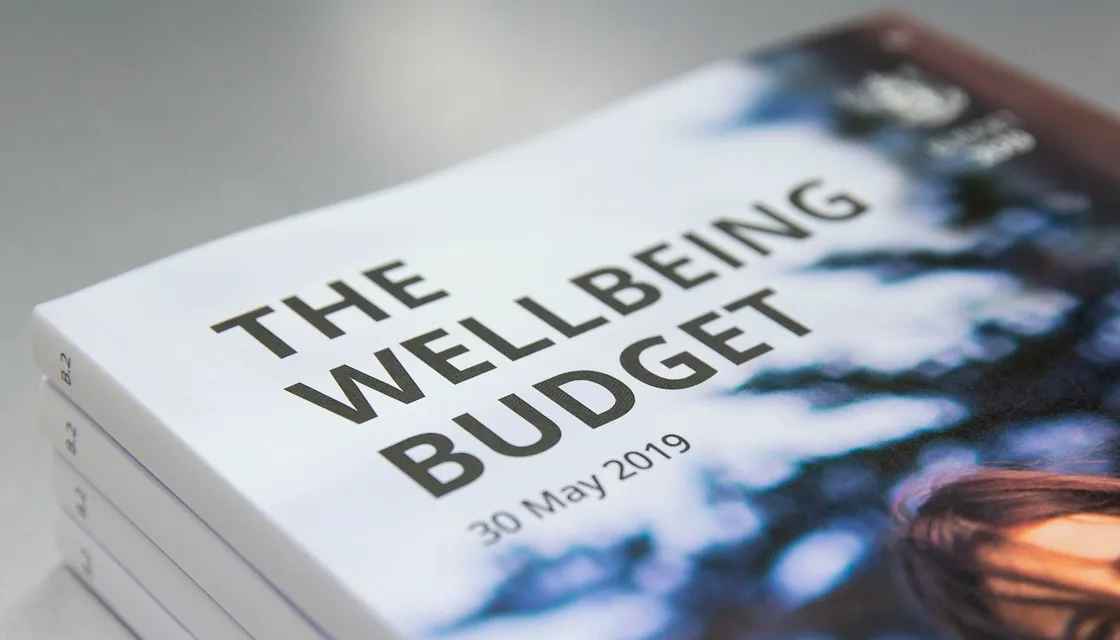Table of Contents
Don’t let the abject failure of the infamous Jacinda Ardern’s Wellbeing Budgets deter you from pursuing your personal wellbeing goals, but don’t expect the government to help unless your goals line up favourably with te tiriti.
Even as previous Finance Minister Grant Robertson was being hustled out the back door he waxed lyrical about the Labour Government’s ‘groundbreaking’ wellbeing budgets, despite the fact that more children were in material hardship and young people still couldn’t access mental health services following the introduction of the Wellness budget in 2019. Beware the politicians who refuse to depart from pet ideology even with the facts staring them down.
Five years on from the heady pre-Budget briefings and global media focus on New Zealand’s first official Wellbeing Budget, it was hard to figure out what had really changed.
Despite changes to the Public Finance Act that required a report on child poverty alongside each budget, and measures enshrined in law, more children were living in material hardship.
Last month, Stats NZ released its annual child poverty statistics for the year ended June 2023, which showed one in eight children (12.5 percent) lived in households experiencing material hardship, meaning they were likely to go without fresh fruit and vegetables, doctor’s visits, or good shoes. That was an increase of 2 percentage points on the previous year.
And last month, the Auditor-General reported that despite the $1.9 billion spend in mental health, young people still can’t access services.
The ‘Wellbeing Budget’ label is still printed on the Budget documents each year, but the impetus has seemed to stall.
Newsroom
The many bureaucrats let loose out of sight in back rooms are trucking along very nicely, thank you very much to the government for their continuing donations.
After reading Nathan Smith’s article “Spark NZ’s Weird Sort of Corporate Welfare” discussing the funding of bullshit jobs resulting from automation, I noticed the following job vacancy on Trademe demonstrating that it’s not automation funding the creation of bullshit jobs in New Zealand: te tiriti is a major driver.


This job vacancy fits the description of a bullshit job paying someone to do something completely meaningless. We already had government-funded mental health services when ti tiriti ran amok racially duplicating public services.
According to David Graeber author of Bullshit Jobs: A Theory, bullshit jobs are “jobs which even the person doing the job can’t really justify the existence of, but they have to pretend that there’s some reason for it to exist. That’s the bullshit element.”
Naturally, bullshit jobs are created by bullshit institutions to justify their bullshit existence, so it’s no surprise they are government funded, in this case, the employer is the Purapura Whetu Trust.
Purapura Whetu empowers people to reach their full potential through personal growth, positive mental health and wellbeing. Embracing the Maori view of wellbeing, connecting to the culture, traditions and values of our tupuna, we help achieve mental, physical and spiritual health.
Register of NZ Charities
The mind boggles at how Purapura Whetu achieves spiritual health in a multi-faceted, frequently contradictory religious environment. Life was so much easier when Christian values were the accepted norm and spirituality was a private matter or relegated to the jurisdiction of the obviously deranged.
In September 2022 Jacinda Ardern ceremoniously opened the door in Christchurch to “free” Maori mental health and wellbeing service provider Purapura Whetu, which describes itself as “a non-government kaupapa Maori health and social services provider”, first registered as a charity in 2008.
It makes perfect sense under the principles of Maori wonderfulness to receive government funding on the one hand but refuse to provide accountability to the government or taxpayers on the other.
Purapura Whetu also runs Powhiri, a community services programme to assist Christchurch refugees in their first 12–24 months.
DEI principles also extend bullshit services into the Christchurch Muslim community with the added bonus of preserving the fabrication of Muslim oppression.
Diversity, Equity and Inclusion might better be described as Divide, Exclude and Inflame religious and community tensions.
Lack of funding wasn’t a consideration for the previous Labour Government and the new coalition Government hasn’t yet got its head around the unknown number of bullshit departments established during the Ardern-Hipkins regime, still soaking up government funding. They aren’t going to raise their heads above the parapet and shout “Pick me!” during the government’s current cost cutting process, nor are they going to voluntarily become accountable.









